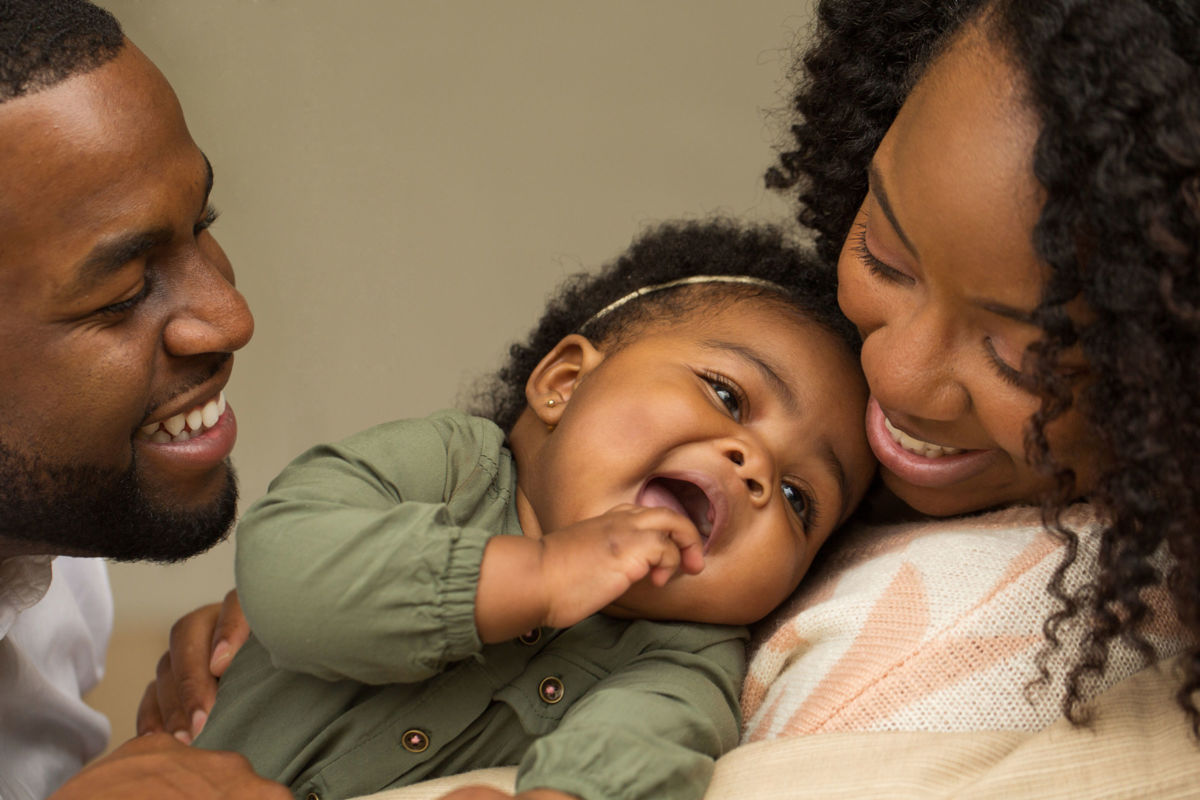The gap between America’s ultra-wealthy and the rest of us is growing dramatically as wealth continues to concentrate at the top at the expense of the rest of us. One major symptom of this economic rift is the racial wealth divide, which is greater today than it was nearly four decades ago.
The median Black family today owns $3,600 — just 2 percent of the $147,000 of wealth the median white family owns. At the extreme top, the Forbes 400 richest Americans own more wealth than all Black households, plus a quarter of Latinx households, combined.
When analyzing the racial wealth divide, it’s important to note that this is a systemic issue — a result of policies, not individual behavior.
Darrick Hamilton, the executive director of the Kirwan Institute for the Study of Race and Ethnicity at Ohio State, emphasizes that the key ingredient of how successful you’ll be in America isn’t how hard you work individually — it’s how wealthy your family is.
For instance, the racial wealth gap continues to grow despite rising rates of Black employment and education. These other things simply can’t make up for enormous, systemic disparities in family wealth.
Hamilton’s proposed solution? “Baby bonds.”
Baby bonds are federally managed accounts set up at birth for children and endowed by the government with assets that will grow over time. Neither the child nor their parents would be able to access these funds until the child reaches adulthood, at which point they could use the money to get an education, purchase a home, or start a business.
Baby bonds could play an essential role in balancing the historical injustices that created the racial wealth divide.
One recent study shows a baby bond program has the potential to reduce the current black-white wealth divide more than tenfold. Another shows that had a baby bond program been initiated 40 years ago, the Latinx-white wealth divide would be closed by now — and the black-white wealth divide would have shrunk by 82 percent.
Baby bonds are an essential, universal, race-conscious program to provide everyone with an opportunity to start life off secure, irrespective of their race and the financial position in which they’re born.
And they’re just one of 10 bold solutions offered in a new Institute for Policy Studies report on closing the racial wealth divide, which counts Hamilton among its coauthors.
“Large scale policy change,” it concludes, “is the most promising path to addressing the racial wealth divide and many asset poor whites as well.” The report also recommends solutions ranging from Medicare for All and higher taxes on the wealthy to setting up a congressional committee to study reparations.
Just like all other issues of inequality in America, the racial wealth divide is a structural problem that requires structural solutions. In order to create economic prosperity for every American, we must start with taking bold action to close the racial wealth divide once and for all.
Our most important fundraising appeal of the year
December is the most critical time of year for Truthout, because our nonprofit news is funded almost entirely by individual donations from readers like you. So before you navigate away, we ask that you take just a second to support Truthout with a tax-deductible donation.
This year is a little different. We are up against a far-reaching, wide-scale attack on press freedom coming from the Trump administration. 2025 was a year of frightening censorship, news industry corporate consolidation, and worsening financial conditions for progressive nonprofits across the board.
We can only resist Trump’s agenda by cultivating a strong base of support. The right-wing mediasphere is funded comfortably by billionaire owners and venture capitalist philanthropists. At Truthout, we have you.
We’ve set an ambitious target for our year-end campaign — a goal of $125,000 to keep up our fight against authoritarianism in 2026. Please take a meaningful action in this fight: make a one-time or monthly donation to Truthout before December 31. If you have the means, please dig deep.
